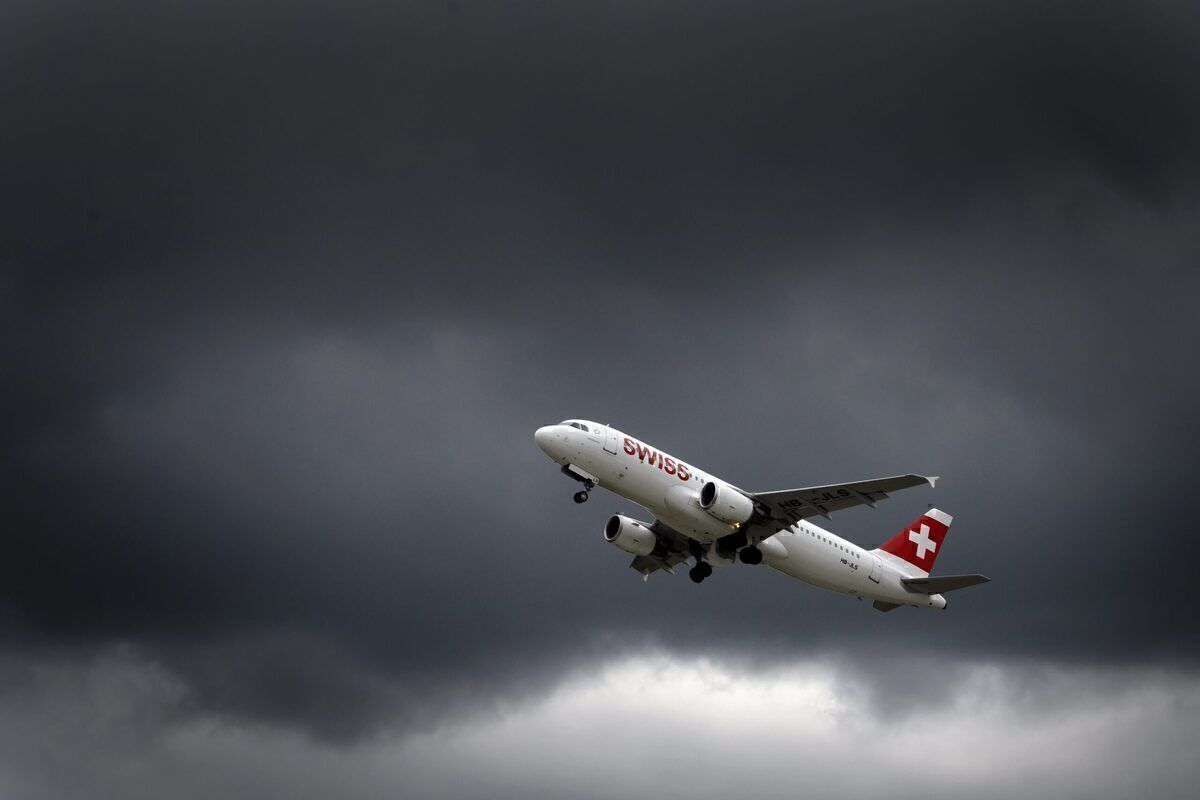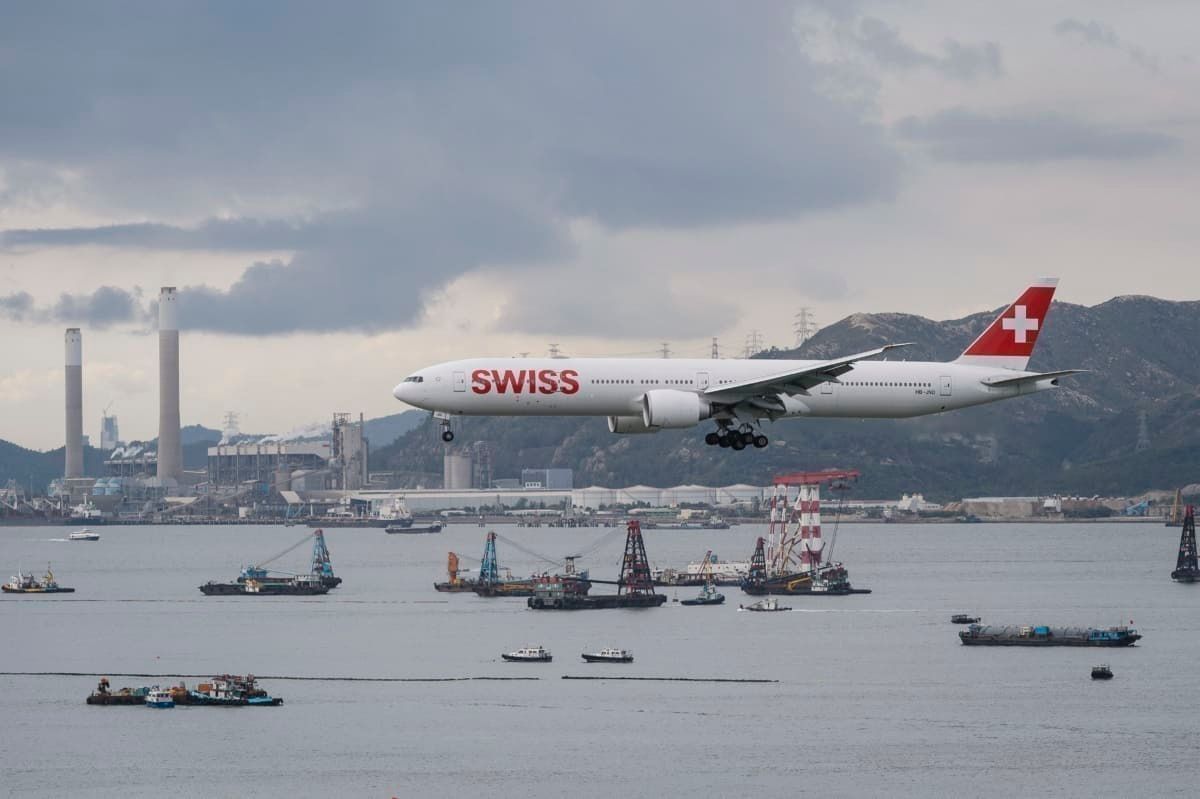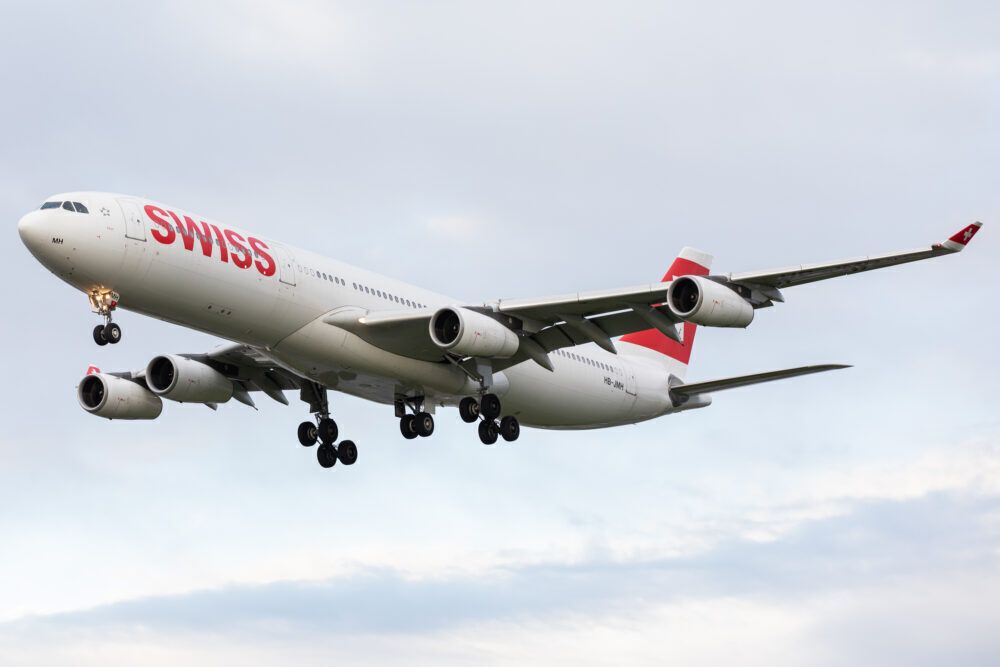Swiss International Air Lines released a statement on March 1st announcing a partnership with Synhelion, a Swiss startup working on solar fuels. February saw massive investments into SAFs, and now, SWISS has started March with a bang with this new deal.
CEO of SWISS, Dieter Vranckx said,
“Our team-up with Synhelion is founded on our shared vision to make carbon-neutral flying in regular flight operations possible through the use of solar fuel. We are proud that SWISS will be the first airline in the world to fly with solar kerosene. In partnering with Synhelion, we are supporting Swiss innovation and are actively pursuing and promoting the development, the market introduction and the scaling-up of this highly promising technology for producing sustainable fuels.”
As part of yesterday’s deal, SWISS will become the launch customer of Synhelion-made solar kerosene in 2023. The SAF startup is all set to build the world’s first industrial production facility for manufacturing solar fuel in Jülich, Germany. Moreover, SWISS and the Lufthansa Group will also help Synhelion set up another production facility in Spain to make commercial fuels.The company plans on producing 875 million liters of solar fuel per year by 2030.
It seems SWISS, and the Lufthansa Group are investing heavily in the SAF startup, but the partnership isn’t new. In May 2020, the parties signed a joint letter of intent to bring Synhelion’s solar aviation fuels to the market sooner.
How does Synhelion make fuel from sunlight?
Synhelion was founded in 2016 as a spin-off of ETH Zurich. Right from the beginning, the company’s goal has been to “contribute to a zero-emissions transportation sector by replacing fossil fuels with carbon-neutral solar fuels.”
Making aviation fuel from sunlight may seem like a dubious concept at first, but it works. According to Synhelion, the process involves setting up large mirror fields to reflect solar radiation to a receiver. Built with proprietary technology, the receiver will deliver clean heat at ultra-high temperatures to produce syngas consisting of hydrogen and carbon monoxide. Lastly, the syngas can be converted to any fuel using industry-standard practices.
Synhelion claims its solar fuels can slash net carbon emissions to zero. In theory, by burning the fuel in a jet engine, you are only releasing greenhouse gases into the atmosphere that were absorbed during production.
The company’s co-founder and CEO, Dr. Philipp Furler, said,
“Our next-generation carbon-neutral solar kerosene is an economically and ecologically viable substitute for fossil fuels. The commitment of SWISS and the Lufthansa Group underlines the aviation sector’s keen interest in our solar fuel. And we are looking forward already to the day the first SWISS aircraft takes off with our solar kerosene.”
SAF’s growing popularity
The idea of Sustainable Aviation Fuels (SAF) is rapidly growing in the aviation industry as several big names have committed billions of dollars to the initiative in recent months. Many airlines are buying SAFs made from solid waste materials like used cooking oil, animal fats, or even plastic. But SWISS’ approach to go with fuels made from sunlight sets it apart from the competition.
Let’s face it, publicity is a significant motivator in the sudden and relatively recent push for SAFs. The commercial aviation industry is one of the largest carbon polluters globally. As the general population gets increasingly concerned about reducing emissions, airlines, airports, and OEMs alike are forced to come up with green initiatives.



